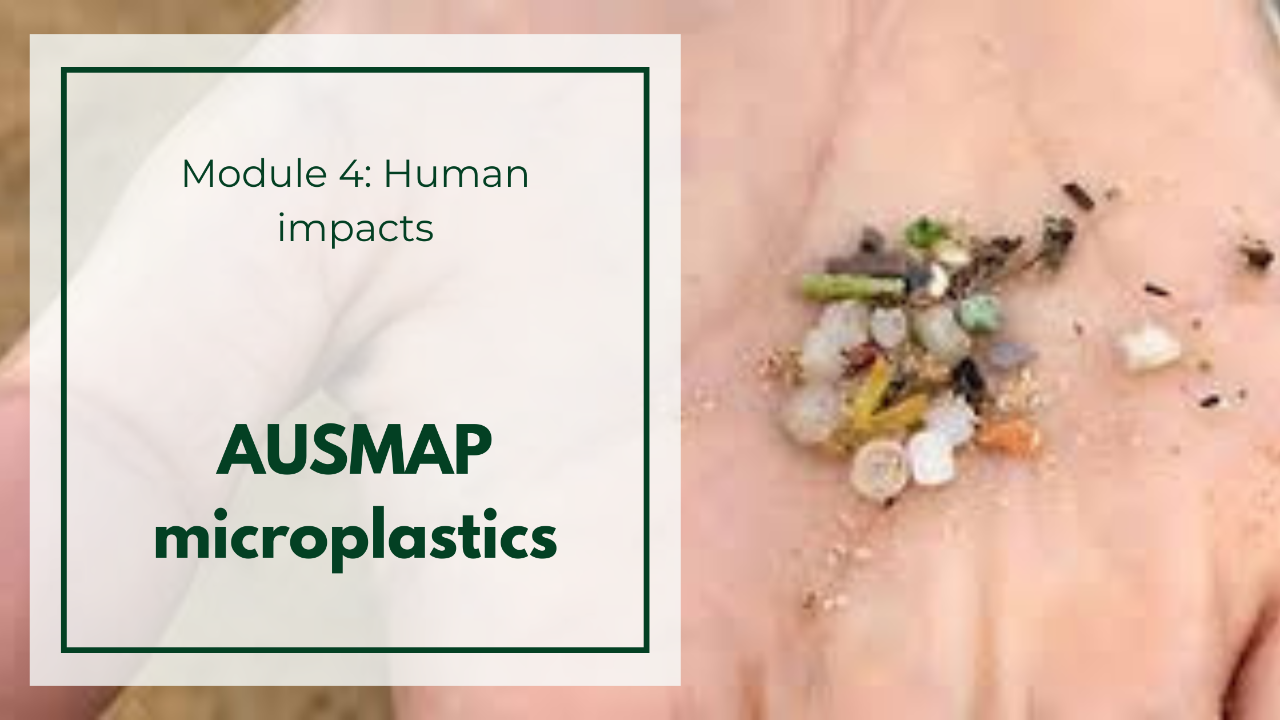

Inquiry questions
Syllabus outcomes
Program activities
Excursion timetable sample
Pre-excursion activities
Worksheet
Post-excursion activities
Teacher information




Copyright for this website is owned by the State of New South Wales through the Department of Education. For more information go to http://www.dec.nsw.gov.au/footer/copyright.